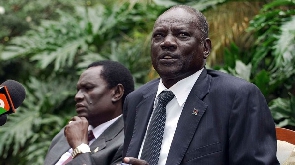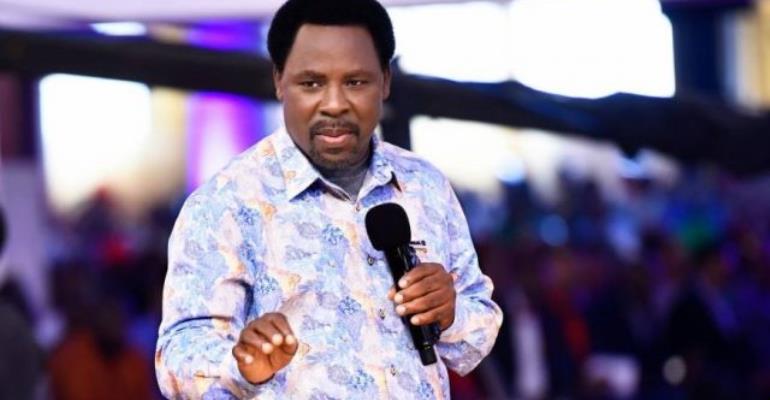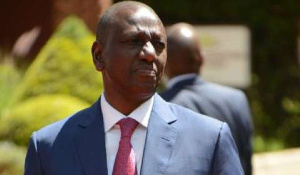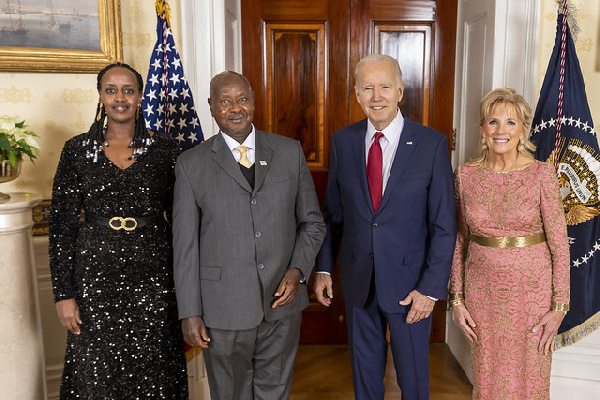‘White rebel’ label for journalist killed in South Sudan angers US

The United States embassy in Juba has condemned the recent statement by South Sudan’s Information minister describing its journalist killed on the war front years ago as a ‘white rebel’.
Christopher Allen, a US-British journalist, was killed in a crossfire in Kaya Central Equatoria State in August 2017 during clashes between South Sudan’s Defence Forces and Sudan People Liberation Army-In Opposition.
Information Minister Michael Makuei’s statement five years ago caused controversy after he described the journalist as a ‘white rebel’.
And at an event last week, Makuei reiterated his previous statement, claiming that the late Allen was in the country illegally.
Calls for probe:
His comment comes after the US Embassy issued repeated calls to the coalition government to investigate and hold to account Allen’s killers.
“This man [Allen] had entered the country illegally in the first place, and that’s why I declared in a statement that we have killed a white rebel because he was killed on the side of the rebels.
“So, he was a rebel. Now, can we be held answerable or accountable for the death of such a journalist? This is funny, and we are being asked to investigate. Whom do we investigate now?” asked Makuei.
Reacting to Makuei’s statement, the US embassy described Makuei’s statement as reckless.
“The remarks would be irresponsible and reprehensible at any time but are all the more so as they were made on the International Day to End Impunity for Crimes Against Journalists.
“The US embassy is seeking clarification as to whether these comments represent the position of the government of South Sudan,” said the embassy.
The diplomatic mission renewed its calls to the coalition government to conduct a credible inquiry into Mr Allen’s death and to share its findings with the journalist’s family.
CLICK HERE TO DOWNLOAD PRESS RADIO MOBILE APP
Minister Makuei is among individuals sanctioned in 2017 by the US Department of the Treasury’s Office of Foreign Assets Control for expanding or extending the conflict in South Sudan. He was reportedly instrumental in President Salva Kiir’s initial unwillingness to sign a peace agreement in August 2015.
Source: theeastafrican.co.ke







